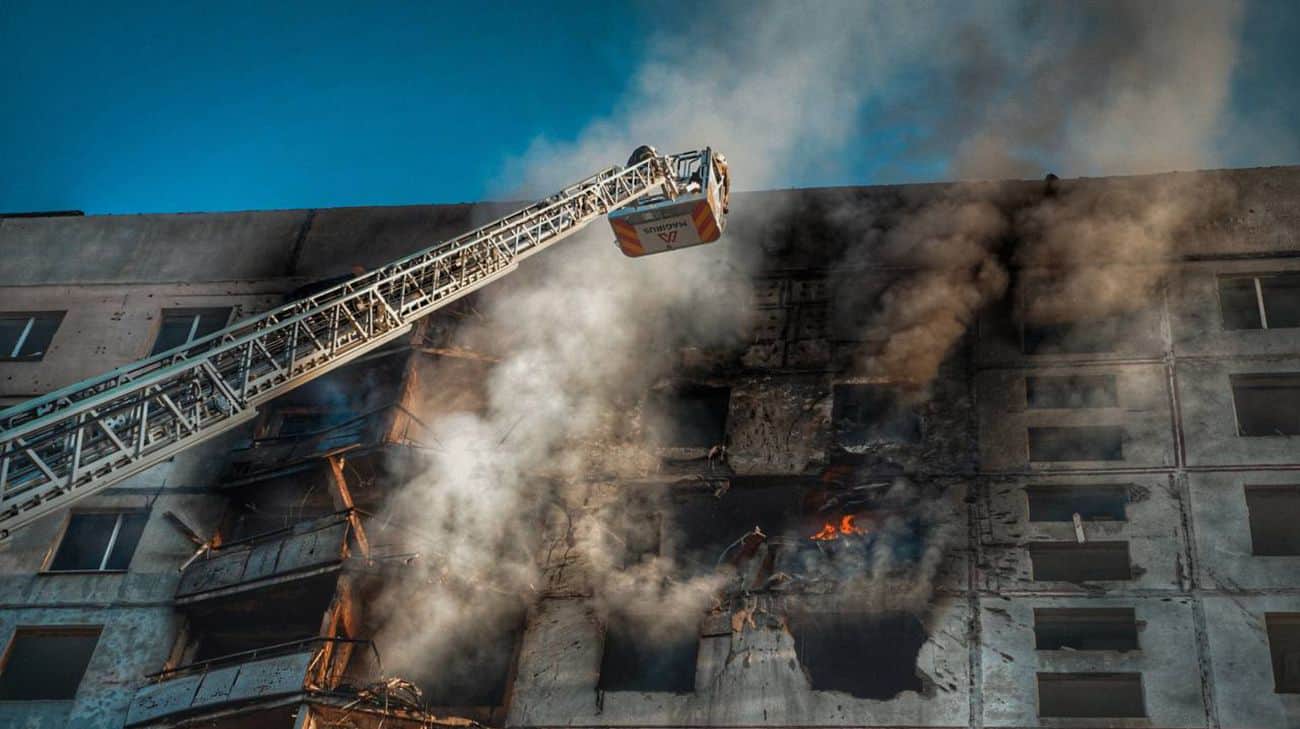Frontline report: Ukraine’s maneuver defense tactics stall Russian offensive in Robotyne
HIMARS, reinforcements, minefields, and frontline engagements helped Ukrainians hold the line in Robotyne, where a Russian unorthodox quad bike assault proved catastrophic
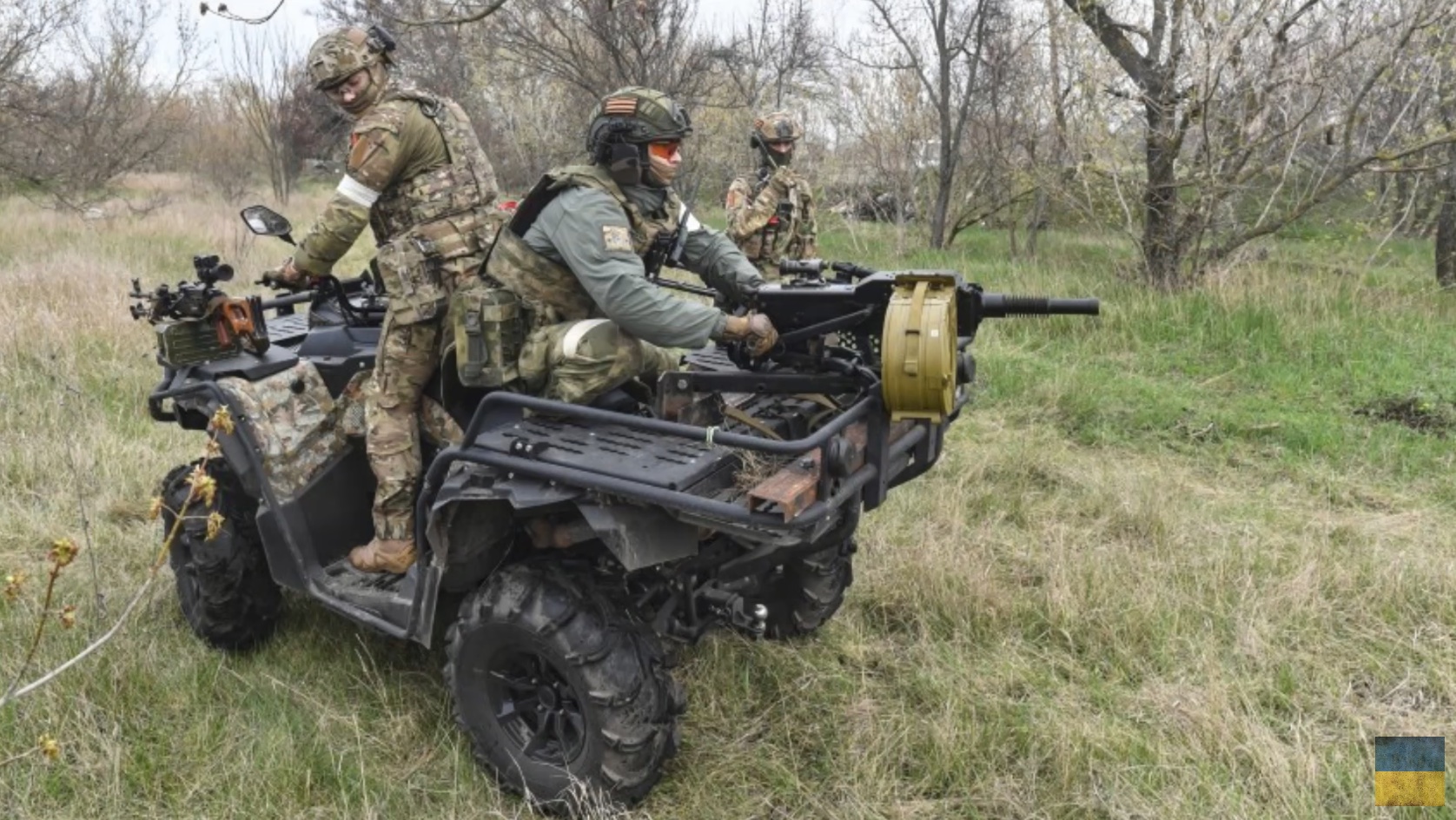
Today, there are a lot of updates from the Orikhiv direction. First of all, more information became available about the aftermath of the night operation that was conducted last time, when four Ukrainian soldiers, without incurring losses, managed to repel a mechanized Russian assault with three armored vehicles and two dozen soldiers.
According to Russian sources, Russian forces managed to retain a foothold in the Robotyne village by organizing a defensive position around the local school.
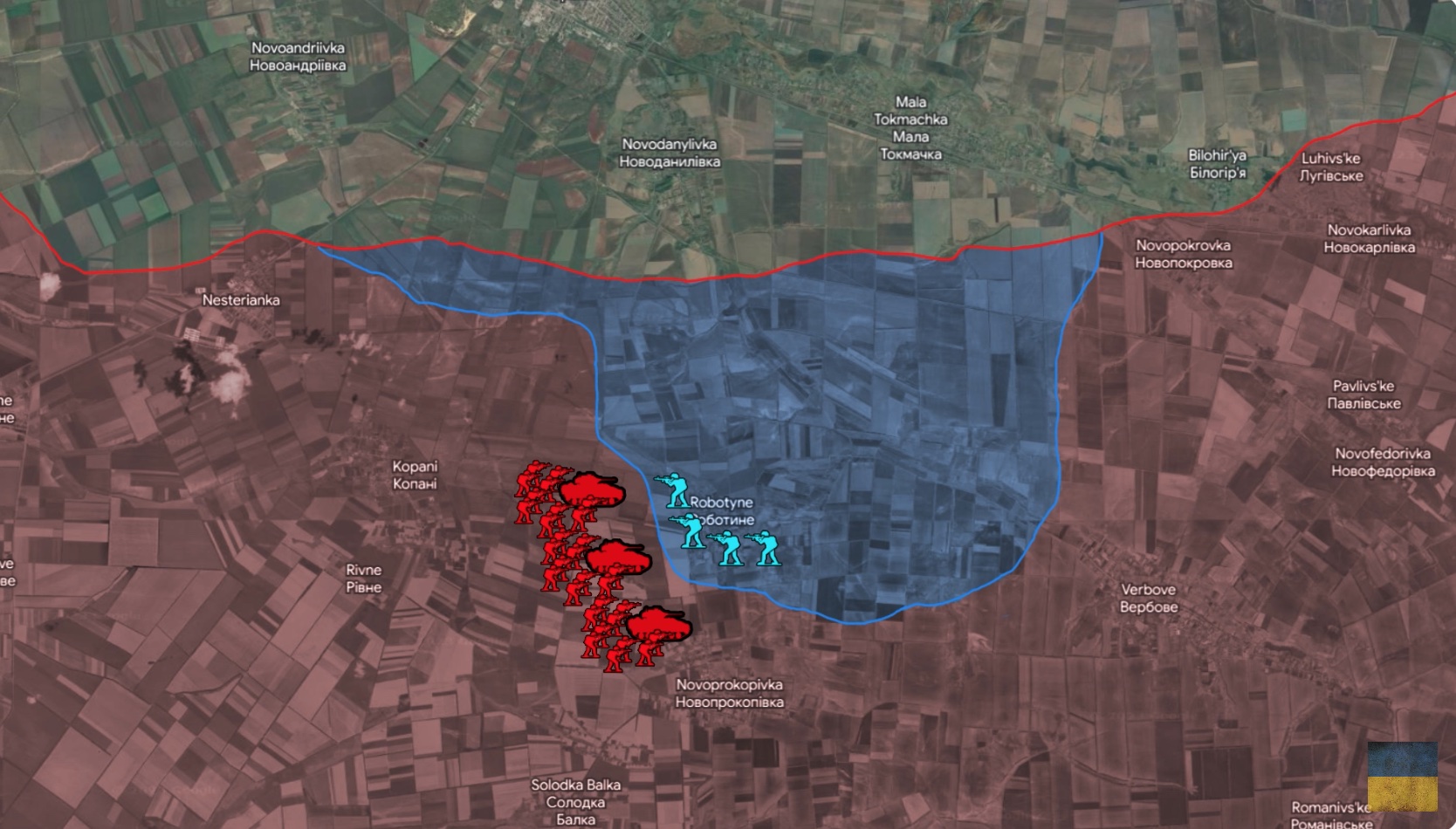
However, Ukrainian fighters released several videos that suggest otherwise.
In the first video, a Ukrainian soldier is walking past one of the armored vehicles destroyed during the attack, and judging by the fact that they are walking slowly and not trying to hide, Russian forces are not present in the area. Another video shows how a Ukrainian unit entered the school building, confirming that Russian forces were pushed out of these positions and lost the foothold inside the Robotyne village.
This prompted many Russian sources to update their assessment of the situation and state that the Ukrainian Army recovered all the lost positions in Robotyne, with some even claiming that Ukrainians also reestablished control over the southern trenches.
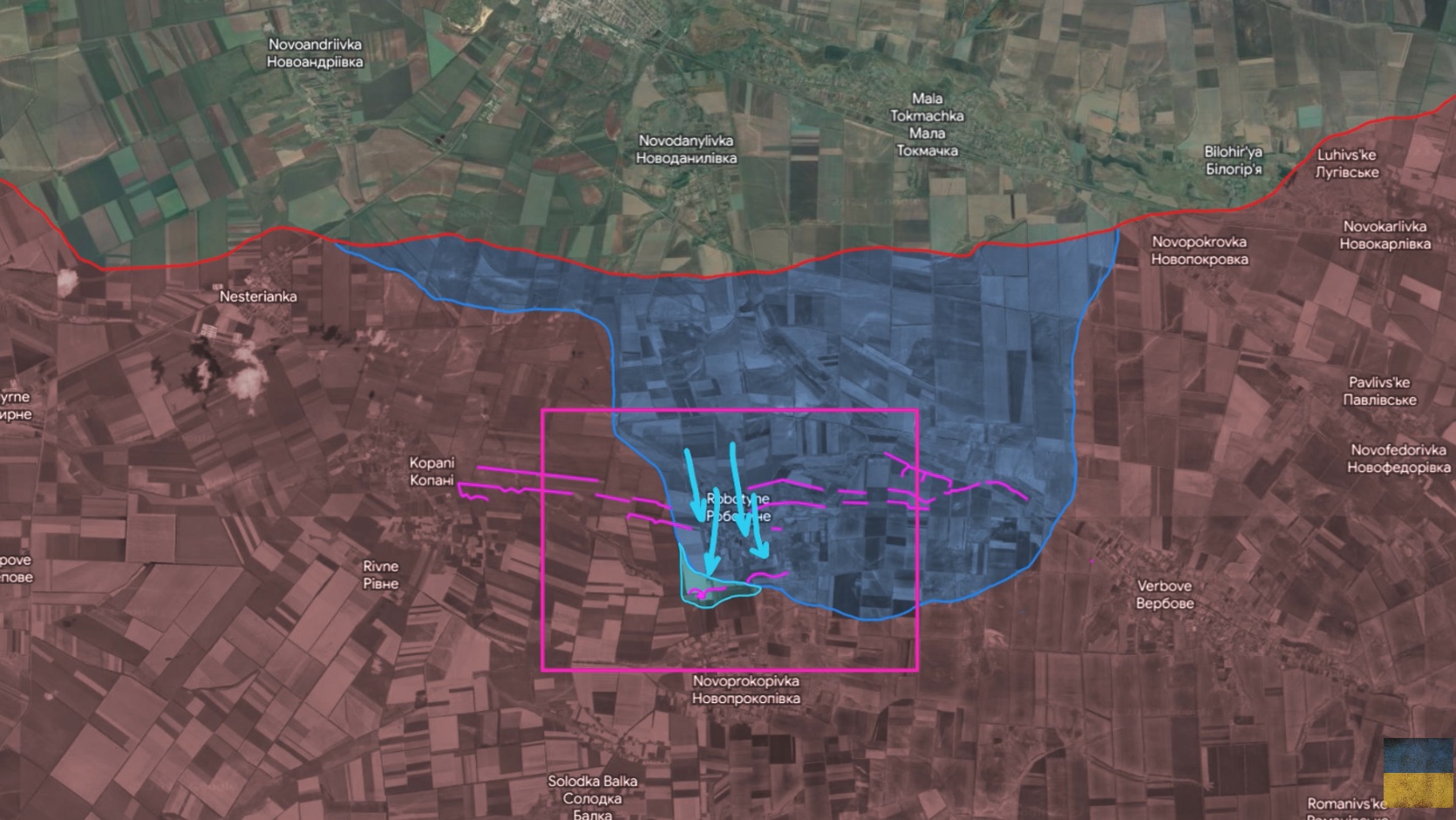
Russian soldiers complained that they struggled to clear seized Ukrainian trenches due to Ukrainian mines and struggled to establish a foothold in the houses because of the destruction that the Russian artillery inflicted on the settlement.
Shortly after the Ukrainians consolidated control of the retaken positions, Russian forces start everything from scratch.
The Russian command understood that the sudden mechanized attack did not pay off, and as Ukrainian reinforcements arrived in the region, catching Ukrainians off guard for the second time would be extremely unlikely, which is why Russians launched extensive artillery preparation.
Russian sources published footage of artillery strikes showing Russia’s attempts to identify and destroy Ukrainian firing points.
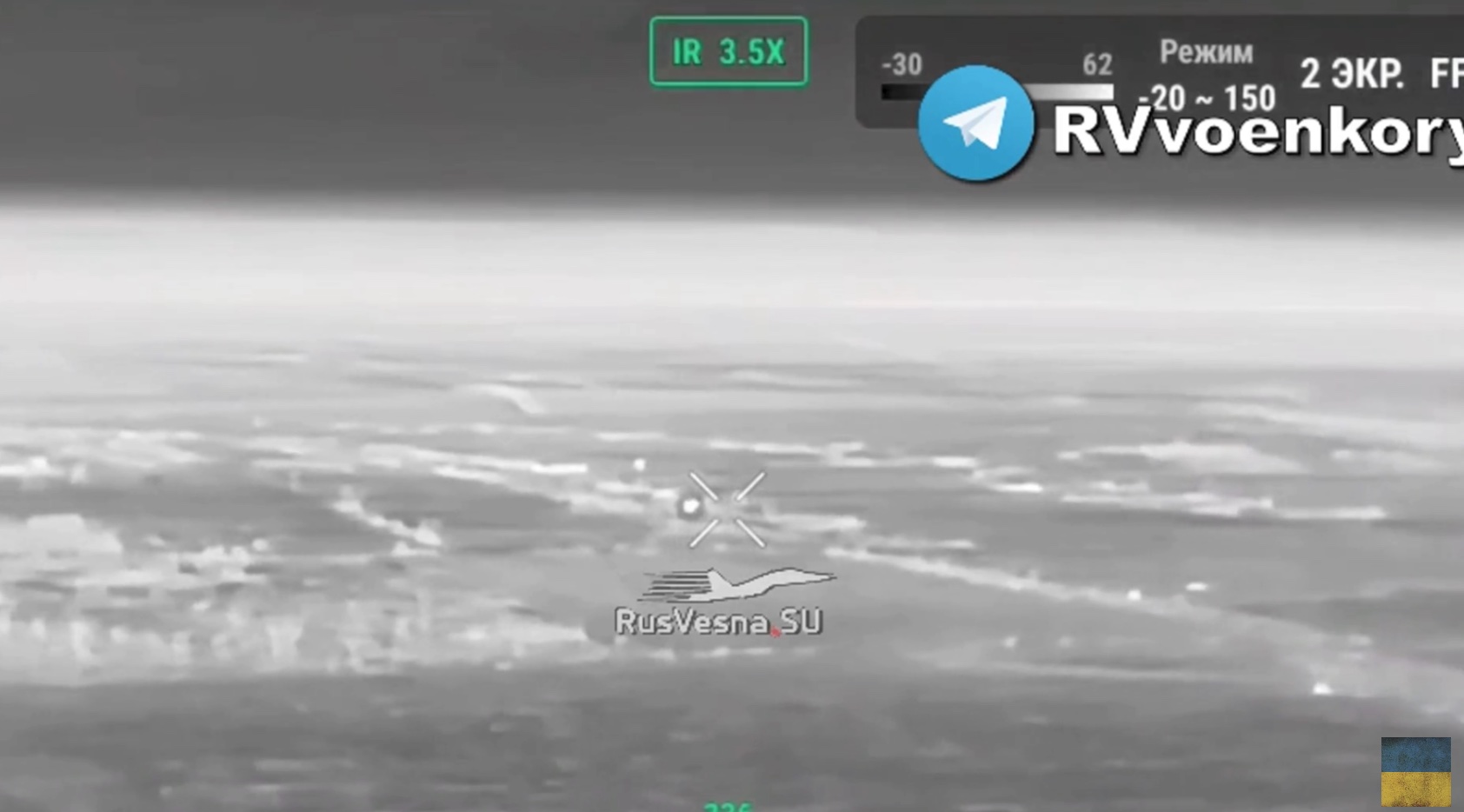
Notably, Russian forces did not stop there and launched bombardments of the tree lines behind Robotyne. This is because Russians could see that there is no way to keep lots of soldiers inside the village, meaning that Ukrainians logically accumulated their reserves outside the village.
However, Ukrainian forces did not passively let Russians conduct their firing missions, and they launched counterbattery fire to undermine the Russian artillery preparation. Russian analysts admit that, so far, the Ukrainian counterbattery fire is very effective, thanks to HIMARS.
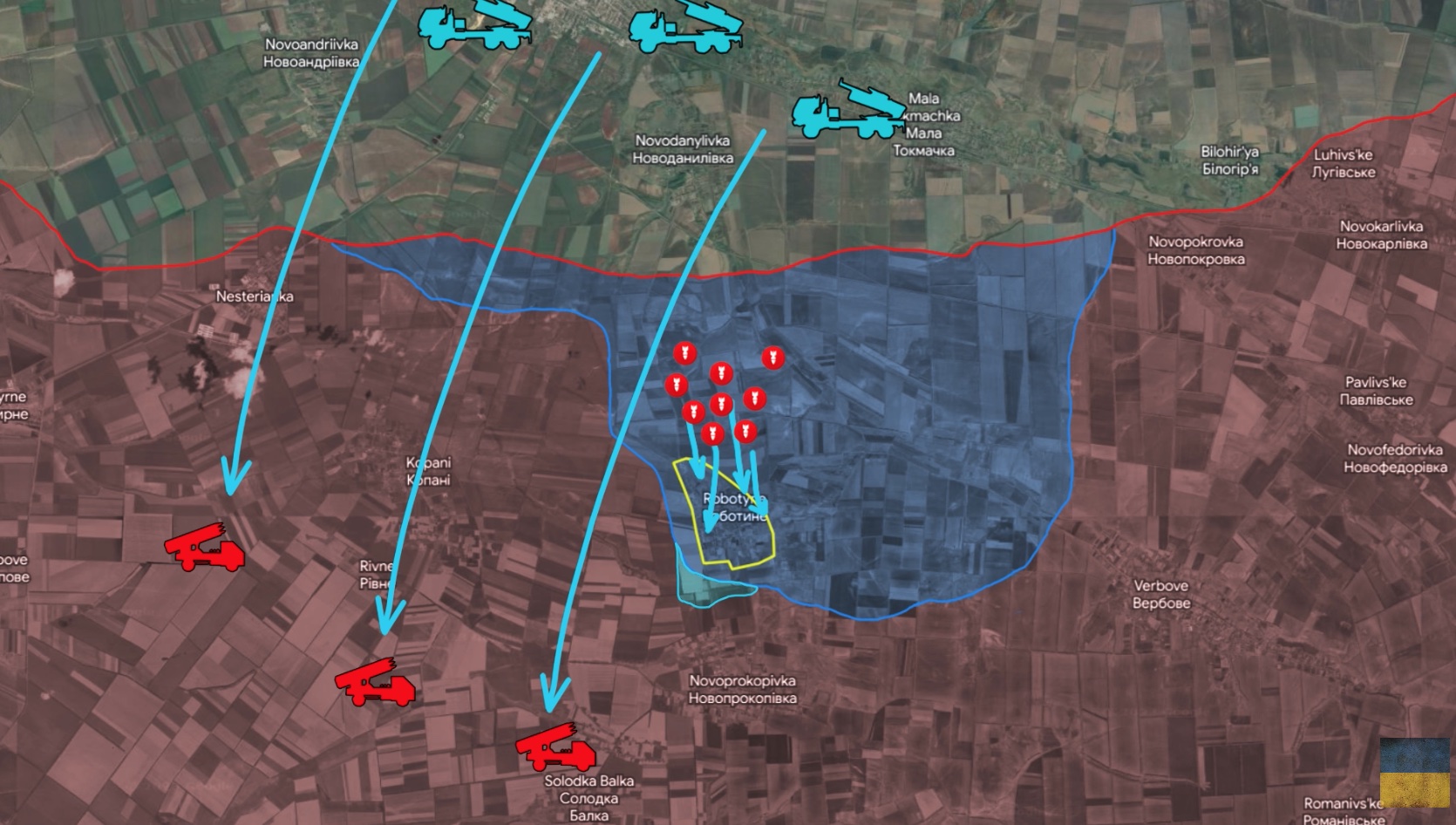
Combat footage shows how Ukrainians hunted down a lot of Russian artillery systems. The most valuable targets became three Russian Uragan long-range multiple-launch rocket systems. Other footage shows the destruction of howitzers, such as MSTA-S and Gvozdika.
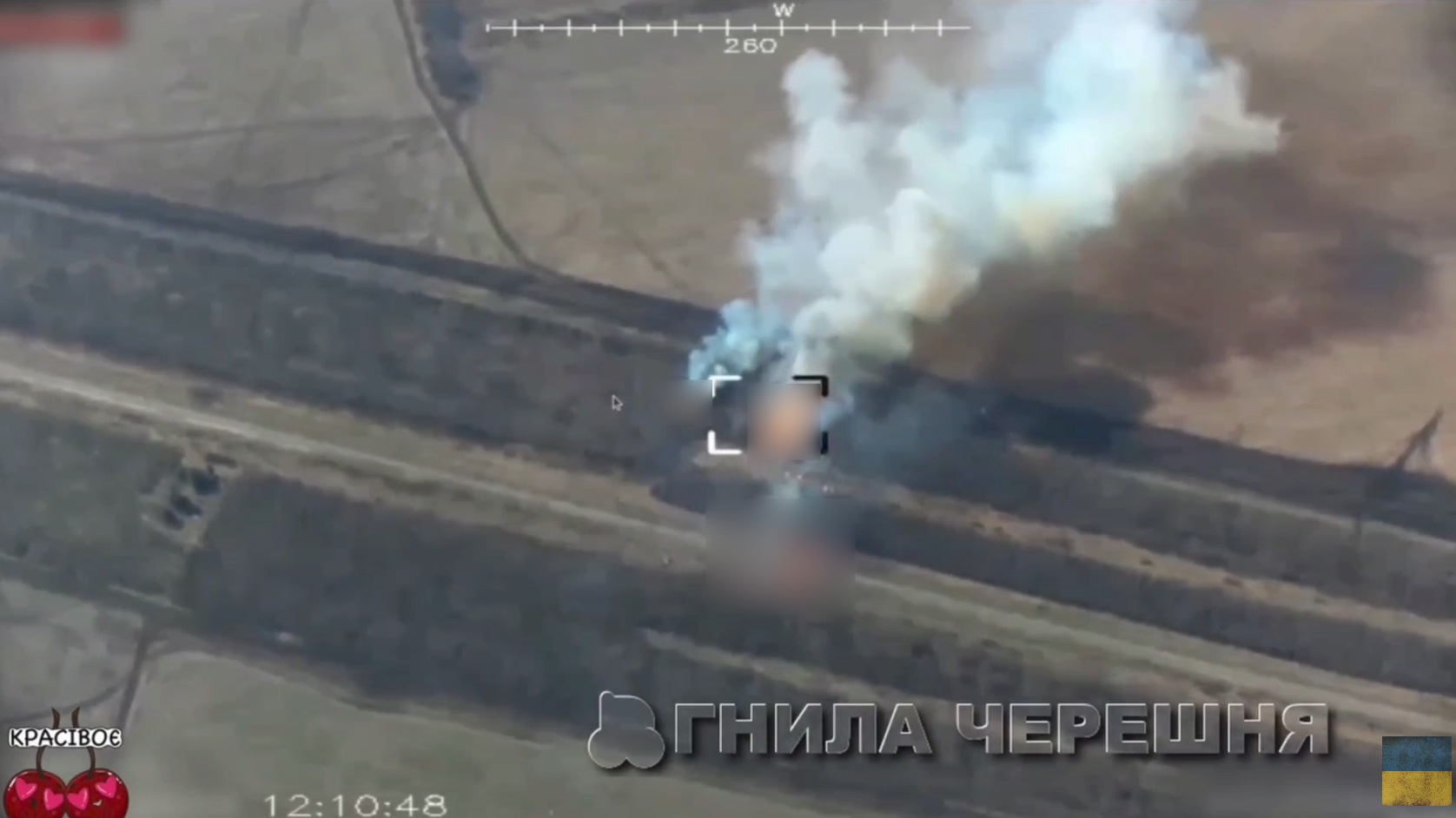
To amplify artillery fire, Russian forces also deployed a number of tank crews, whose job was to approach the village from the east and strike potential Ukrainian firing points with high-explosive shells. Ukrainians quickly adjusted, and the subsequent raids were prevented by Ukrainian drone crews that destroyed Russian T-80 tanks.
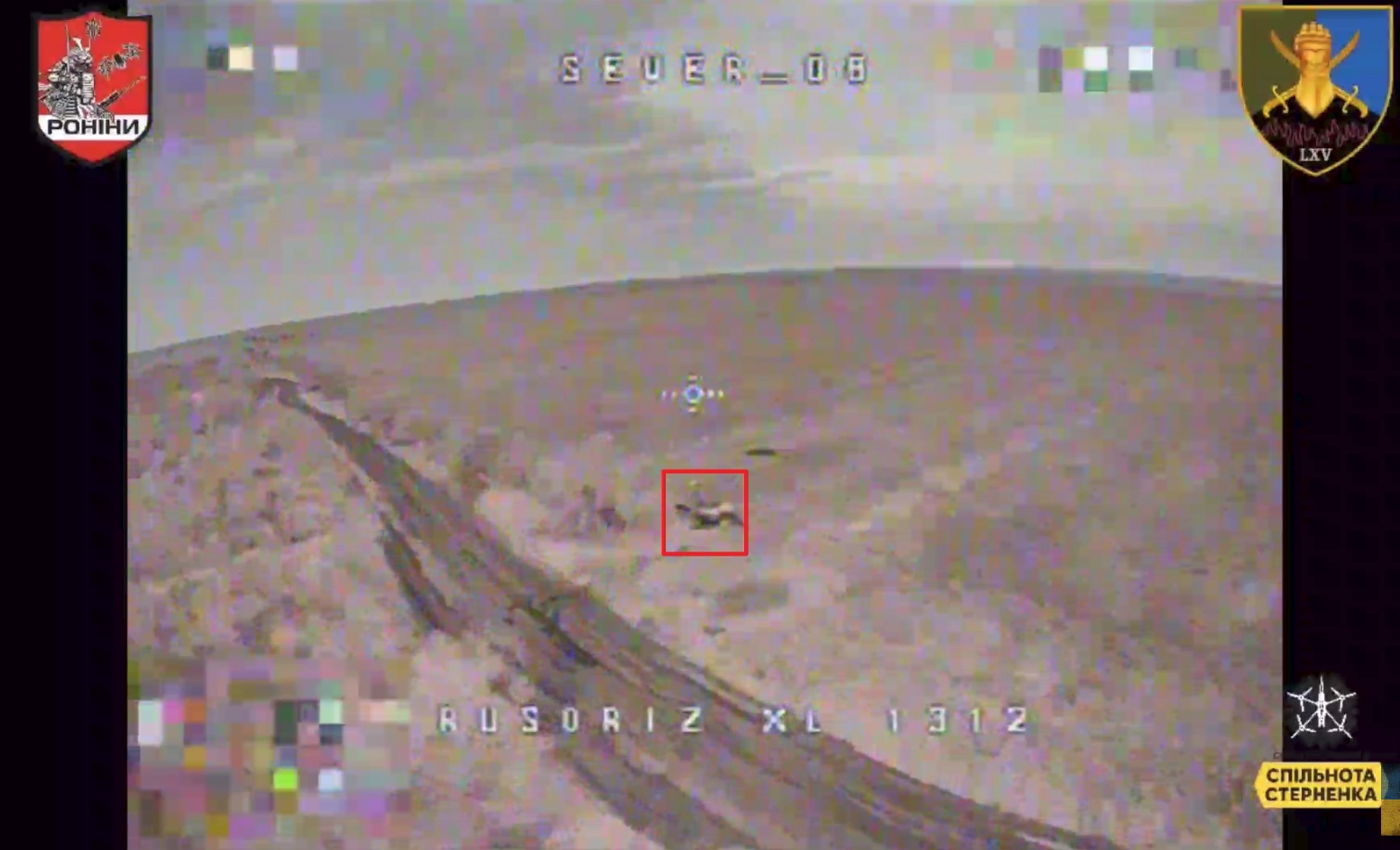
When the artillery preparation was completed, Russian forces launched a new wave of attacks. At first, many Russian assault units used a variation of the same tactic and tried to send between one and three armored fighting vehicles carrying approximately ten soldiers each. Ukrainian fighters from the 118th Artillery Brigade released footage of the aftermath of one of such assaults.
Another video shows how an armored vehicle got immobilized by artillery and was left burning near the shell crater until the detonation of the ammo. Some Russian soldiers were spotted hiding under the remnants of the destroyed vehicles in hopes of being evacuated, but most of them were detected and destroyed.
Russian forces reported that, with the arrival of reinforcements, Ukrainians were able to assume a more active stance and started meeting Russian attacking forces by attacking them. Many sources reported ongoing meeting engagements, which stabilized the situation.
A fighter from the 24th battalion reported that Russian forces developed a new tactic and started using quad bikes instead of armored fighting vehicles.

The main idea behind this tactic is that quad bikes are significantly more mobile and smaller than traditional armored fighting vehicles. Since Ukrainians assumed a more active stance, it became harder for Russians to reach the village on heavy equipment.
However, quad bikes can carry only up to three people, reducing the size of the assault units. Quad bikes also do not protect Russian soldiers from mines, and Russian soldiers cannot use them as cover from Ukrainian fire. The high mobility of the vehicles did not pay off, and according to Ukrainian soldiers, all assault units were liquidated on the approaches to the village.
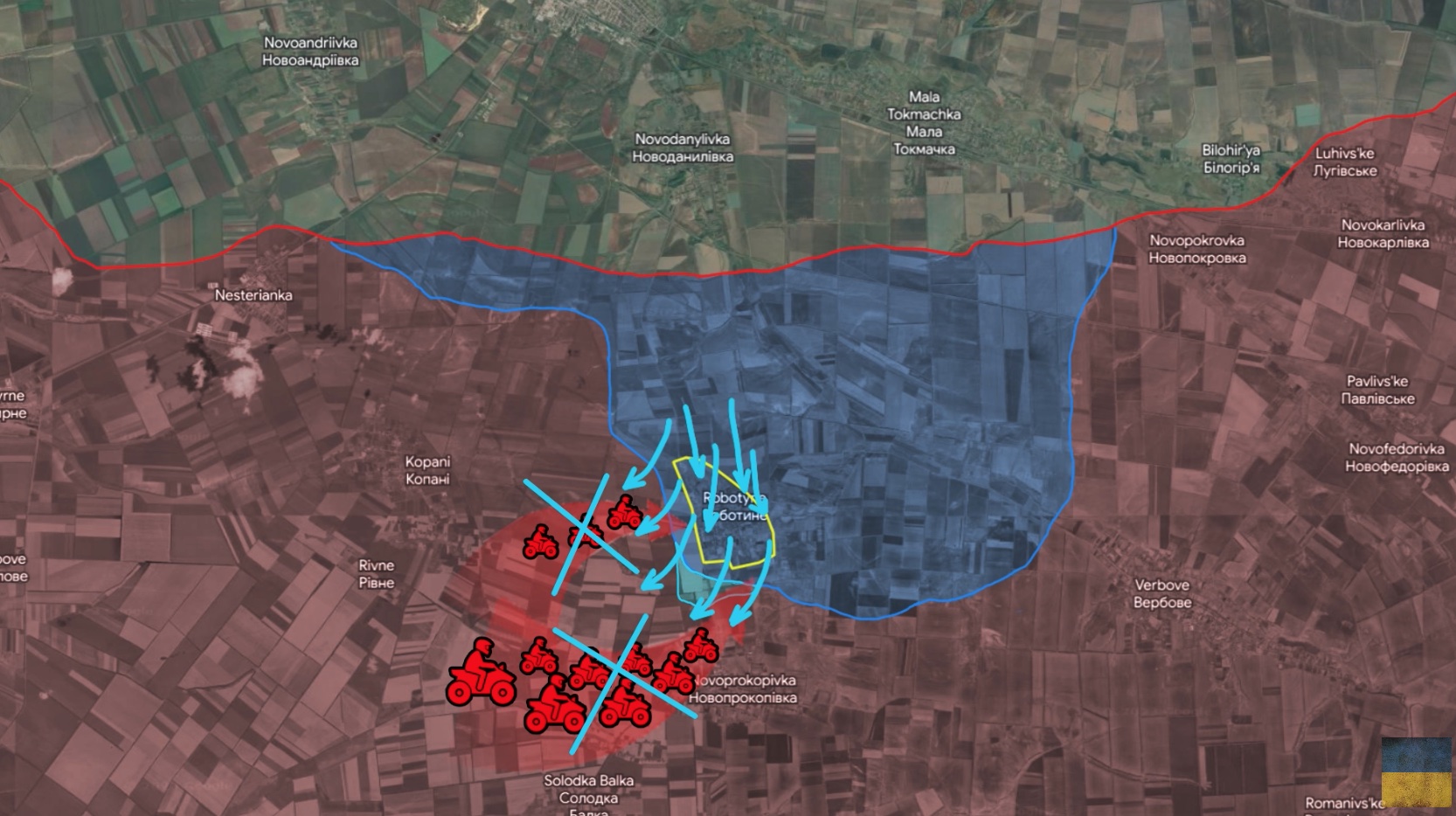
Overall, Russian forces struggled to establish a foothold in the village because they lost the element of surprise, and now Ukrainians deployed their reserves and conducted counterattacks. The Institute for the Study of War assessed the situation and concluded that Ukrainian forces are effectively employing the tactic of maneuver defense. Based on the recent developments, such actions successfully slowed the pace of the Russian offensive effort and minimized the scale of attempted advances.
In our daily frontline report, we pair up with the military blogger Reporting from Ukraine to keep you informed about what is happening on the battlefield in the Russo-Ukrainian war.
Related:
- Frontline report: Four Ukrainian soldiers repel outnumbered Russian attack near Robotyne
- Frontline report: How Ukraine outfoxed Russia’s Black Sea defense to sink Sergey Kotov
You could close this page. Or you could join our community and help us produce more materials like this.
We keep our reporting open and accessible to everyone because we believe in the power of free information. This is why our small, cost-effective team depends on the support of readers like you to bring deliver timely news, quality analysis, and on-the-ground reports about Russia's war against Ukraine and Ukraine's struggle to build a democratic society.
A little bit goes a long way: for as little as the cost of one cup of coffee a month, you can help build bridges between Ukraine and the rest of the world, plus become a co-creator and vote for topics we should cover next. Become a patron or see other ways to support.

